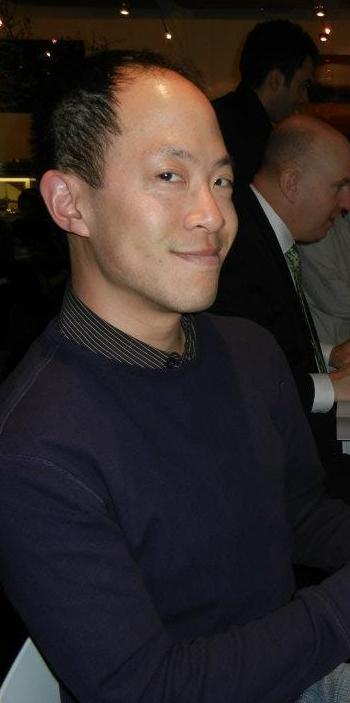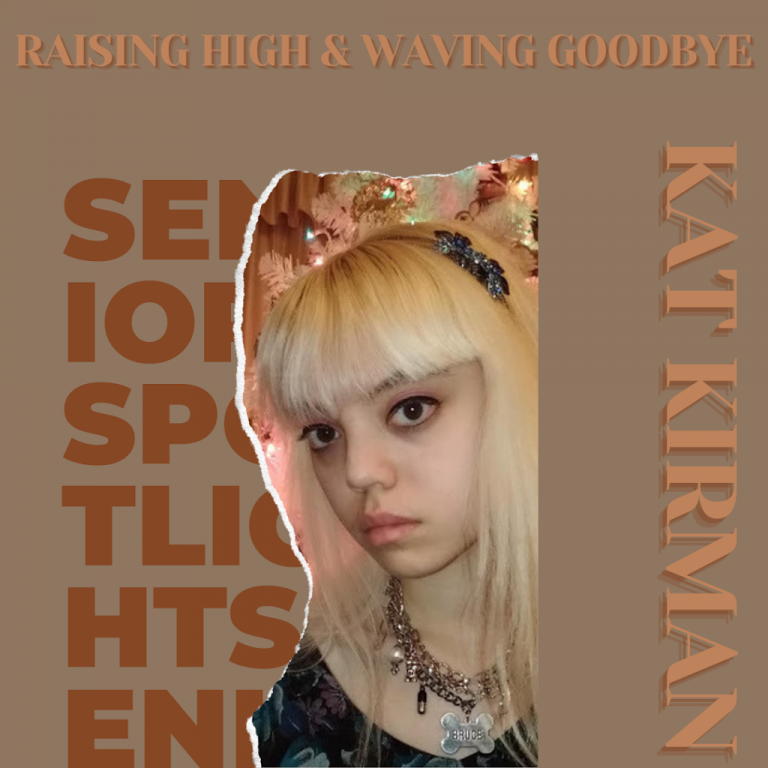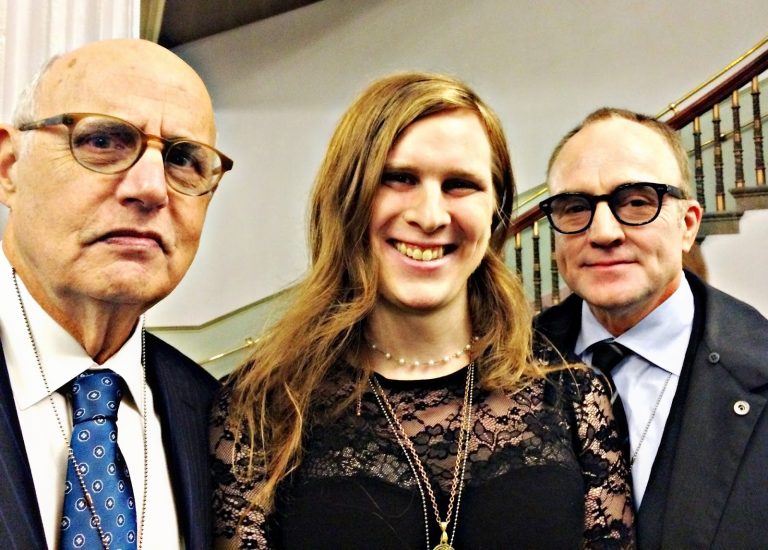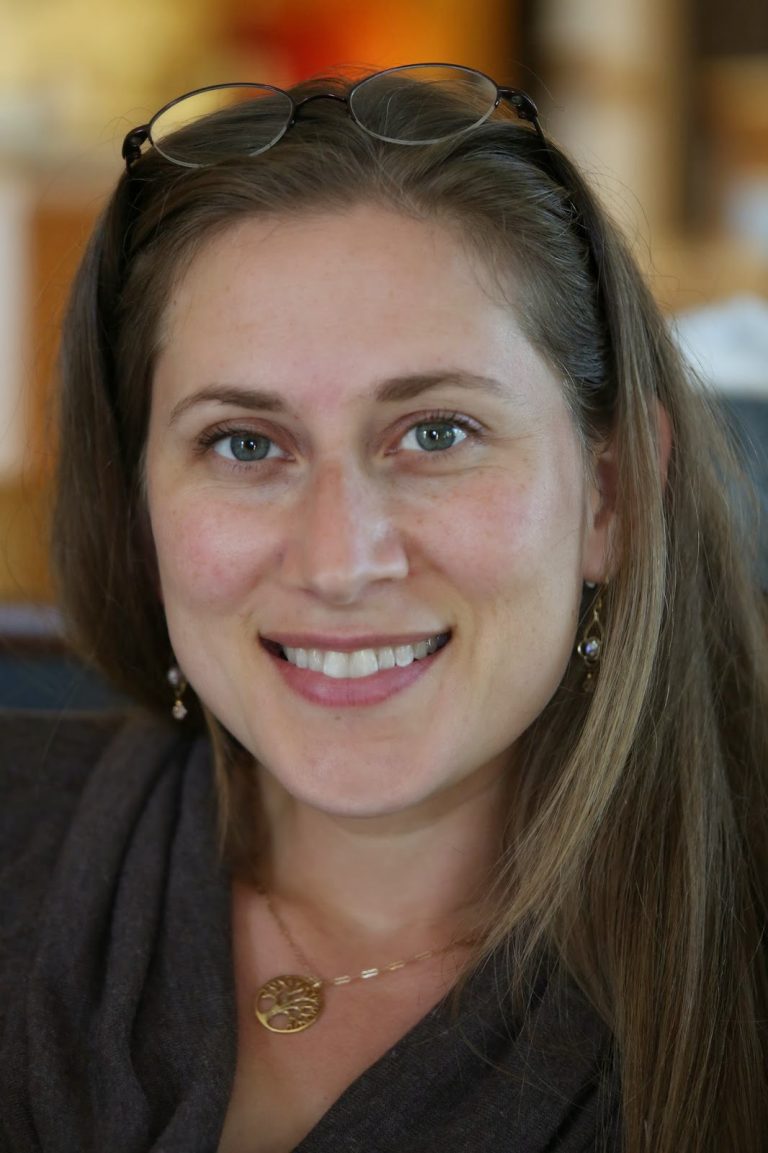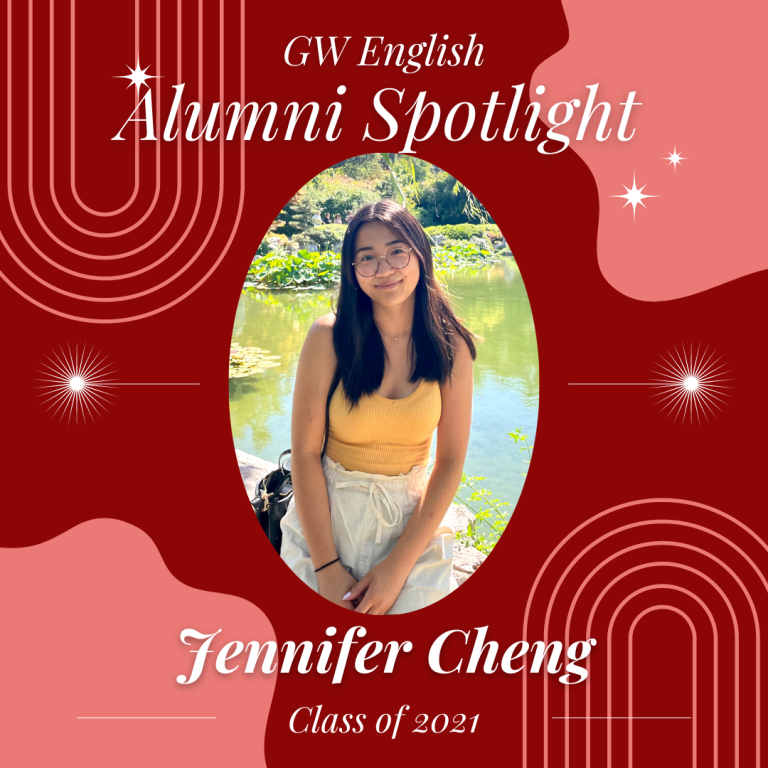Professor Jonathan Hsy has been awarded the first Writing in the Disciplines (WID) Distinguished Teaching Award. In her announcement of this new and prestigious award, Professor Rachel Riedner of the University Writing Program and Women’s Studies wrote,
“I am very pleased to announce that the winner of the Writing in the Disciplines Distinguished Teaching Award this year is Jonathan Hsy, Assistant Professor of English in CCAS. Professor Hsy has shown dedication to WID since he arrived at GW. This dedication is evident in his course materials where Professor Hsy provides carefully staged frameworks for students to undertake close reading projects with difficult critical texts. Moreover, he provides direction with peer review assignments so that students in his courses can guide each other through the writing process. And, finally, Professor Hsy’s assiduous comments on drafts and final papers enable students to learn as writers.”
Professor Hsy contributes to the department’s larger vision for WID at several levels. First, he has taught at the introductory level, in English 51 (now English 1410), which is the first half of the British Literature survey. Students—many of whom go on to become English majors after their experience in such a course—learn to appreciate a wide array of medieval and early modern texts in this course, and their writing is largely focused on close reading of literary texts, critical analysis of those texts, and argumentative style. Second, Professor Hsy regularly teaches the required course for all English majors, Critical Methods (he is, in fact, teaching this course in the current semester). Critical Methods (English 2800, formerly 120) is a key WID course for English, as the interpretive and writing skills students acquire in it ideally animate all the other courses they take in the department (or in other departments if they are taking the course in conjunction with another major). Professor Hsy has approached his Critical Methods classes thematically, having students read critical theory, for example, alongside the theme “Reading Romance” in earlier semesters or alongside the theme “Medieval Writing, Modern Theory” in the current semester. Early writing in Critical Methods entails working with both theory and literature—close reading of passages is key for Professor Hsy, but so is the interpretation of “keywords” in writers such as Freud or Marx. An extensively revised and peer-workshopped essay concludes this course and serves, for Professor Hsy, as a “synthesis” essay, bringing together students’ writing as interpreters of literature and skillful readers of theory. Third, as students emerge into upper-level classes in the department, WID courses are important across the board; Professor Hsy has taught both “Special Topics in Literature” (English 3810, formerly English 172) and “Medieval Literature” (English 3420, formerly English 113) as WID courses. Students have responded to these classes with extreme enthusiasm (with one student, who was among those supporting Professor Hsy for the award, essentially saying she wishes she had taken more medievalist because of his effective writing instruction). Finally, Professor Hsy is an extremely effective mentor, working closely with a number of Graduate Teaching Assistants (GTAs) who have been involved with the WID program.
Congratulations Professor Hsy! Your colleagues and students are so proud to have you as a member of our academic community.

